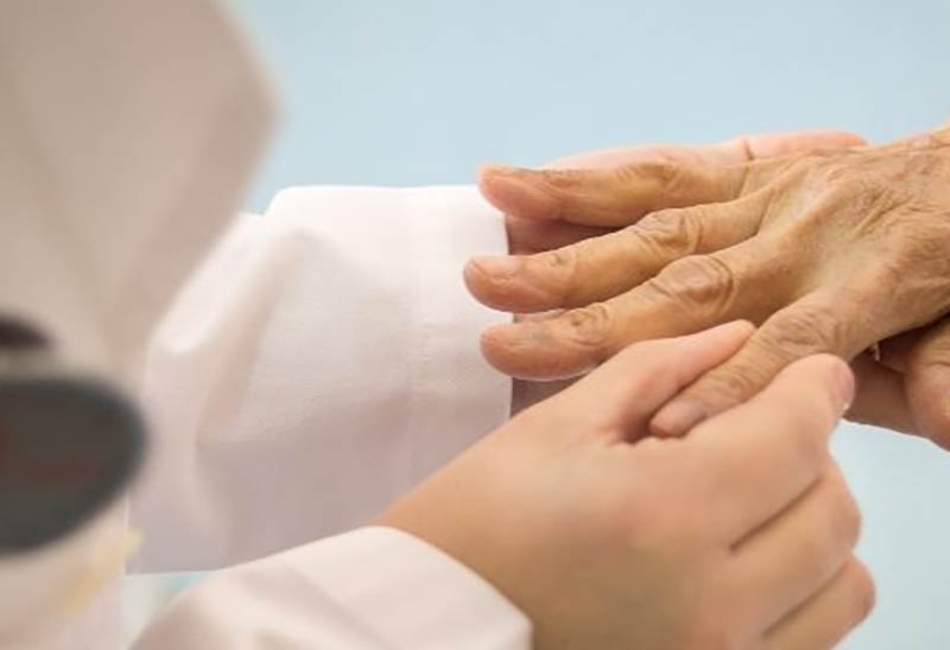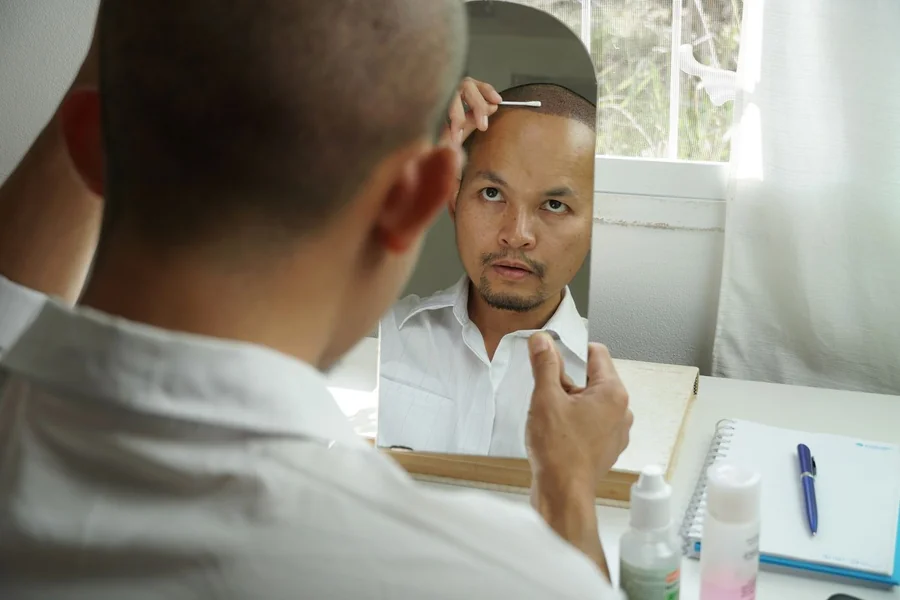Sinus Surgery in Singapore: Everything You Need to Know
Let’s say you want to have surgery on your sinuses in Singapore. In that case, it’s essential to understand the process, identify who is a good candidate, determine the types of treatments available, and estimate the typical cost. If you experience recurring sinus infections, a stuffy nose, or structural issues such as a deviated septum, sinus surgery in Singapore can significantly improve your standard of living while reducing your discomfort. But before you decide to have surgery, you should find out what the pros and cons are and how long you can expect to heal. This article will provide you with everything you need to know, from the latest medical methods and their comparison to older ones to the key factors that influence prices and the best way to prepare for surgery. Singapore is known for having high medical standards and ENT doctors with a lot of experience, so you’ll be in good hands as long as you know what to expect.
What Is Sinus Surgery in Singapore?
Functional endoscopic sinus surgery, as indicated by the acronym FESS, is a type of endoscopic sinus surgery that utilizes a thin camera to clear clogged or infected sinuses through the nose, without requiring any external incisions. This allows for proper drainage and relief of symptoms. Singapore is one of the best places to have this operation done because it has high medical standards, modern equipment, and trained specialists.
Latest Treatments Available in Singapore
Functional Endoscopic Sinus Surgery (FESS)
- The most popular way to treat chronic sinusitis, nasal polyps, and structural problems
- Minimally invasive, done under general anesthesia
- Uses endoscopes for accuracy, reducing scarring, and speeding up healing
Balloon Sinuplasty
- A gentler alternative: a balloon dilates the sinus passages instead of cutting tissues
- It can be performed under local anesthesia and is suitable for mild to moderate cases of the condition.
- Works well for light to moderate cases
- Offers faster recovery, fewer side effects like bleeding and pain
FESS Based on Images
- Incorporates CT navigation for more complex or revision surgeries, where accuracy is critical.
- Ideal for complicated sinus anatomy or proximity to sensitive structures.
Comparison of Treatments
1. FESS (Functional Endoscopic Sinus Surgery)
Best for: Chronic sinusitis, nasal polyps, structural blockages
Pros: Accurate, slightly invasive, long-lasting relief, and no scars on the outside
Cons: Needs general anesthesia, 1–2 weeks recovery, higher upfront cost
2. Balloon Sinuplasty
Best for: Mild to moderate sinusitis without polyps
Pros: Done in an office, with local anesthesia, quick healing, and low risk
Cons: It’s not suitable for severe cases or anatomical problems, and it’s hard to get to the sinuses
3. Image-Guided FESS
Best for: Anatomy that is hard to understand, revision surgeries, and areas close to sensitive tissues
Pros: CT-guided accuracy and safety in high-risk areas
Cons: It’s more expensive and needs specific tools and skilled surgeons
Factors Affecting the Cost of Sinus Surgery
Several elements contribute to the pricing, including the following:
- Type of surgery: The complexity and expense of image-guided FESS versions make them less attractive than balloon sinuplasty.
- Surgeon’s skills: Fellowship-trained or highly experienced surgeons may charge more
- Facility: Private clinics cost more than public hospitals with government support
- Insurance & subsidies: Coverage depends on your insurance policy or public healthcare eligibility
- Ancillaries: Pre-op scans (CT), consultations, post-op care, and medications are additional costs
Average cost in Singapore: SGD 4,000 – SGD 10,000 (inclusive of assessment, anesthesia, facility, follow-ups)
Suitable Candidates for Sinus Surgery
Surgery is recommended if:
- You’ve had chronic sinusitis for over 12 weeks despite treatment
- You have polyps, cysts, or structural issues in your nose.
- You may experience symptoms such as facial pain, eye swelling, or an infection spreading.
- You get multiple severe sinus infections or failed medical treatment.
Balloon sinuplasty is suitable for milder cases without major structural problems. Children typically begin with medications or adenoidectomy before surgery is considered.
Things to Do and Not Do Before Surgery on the Sinuses
Things to Do:
- Follow pre-op instructions: Fast before anesthesia and stop certain medications as instructed
- Disclose medical history: Include chronic illnesses, allergies, or blood-thinners.
- Arrange for transport and rest: Plan to be accompanied home and rest for a few days.
- Prepare your home: Have saline sprays, soft foods, and tissues ready for recovery.
- Ask all questions: Ask about expected recovery time, follow-up visits, and when normal activities can resume.
Things to Avoid:
- Don’t self-medicate: Avoid NSAIDs or herbal supplements that can increase bleeding.
- Don’t smoke or drink: Both can slow recovery and increase complications.
- Avoid air travel or strenuous exercise immediately after surgery unless you have been cleared to do so by your healthcare provider.
Frequently Asked Questions
Q: How effective is sinus surgery?
➡ Most patients experience significant symptom relief and an improved quality of life after surgery.
Q: When do results appear?
➡ Symptom improvement often occurs within weeks; complete healing may take 1–2 months
Q: Can sinusitis be cured permanently?
➡ Surgery removes physical obstructions and significantly reduces recurrence, but flare-ups can recur if triggers continue.
Q: What are the risks?
➡ Though safe overall, risks include bleeding, infection, temporary smell changes, or infrequent complications like skull-base breach or vision issues
Latest Trends in Sinus Treatment
- Balloon sinuplasty: Fast recovery and minimal invasiveness are driving its popularity
- Image-guided surgery improves safety in complex cases.
- Office-based procedures using local anesthesia are now more accessible.
- Conservative pediatric strategies: If you want to keep your child safe, you should get an adenoidectomy before FESS.
Confidence in Your Sinus Surgery Path
Before deciding to undergo sinus surgery in Singapore, it’s essential to research your alternatives, associated costs, requirements, and expected outcomes. Endoscopic surgery, balloon inflation, and image-guided procedures are among the options for treating sinus disorders. You must see an expert in ENT (Ear, Nose, and Throat). Once they’ve looked over your case, they can advise you on the best course of action. Your general well-being and breathing capacity can be significantly enhanced by preparing for surgery and following your doctor’s instructions. A wealth of information regarding the procedure, post-operative care, and doctors’ recommendations can be found in Singaporean resources related to sinus surgery.
Dr Soma Subramaniam
321 Joo Chiat Place #05-01
Parkway East Specialist Hospital
Singapore 427990
290 Orchard Road #09-20/21
Paragon Medical Centre
Singapore 238859
Tel: +65 9856 8391
Whatsapp: +65 9856 8391







